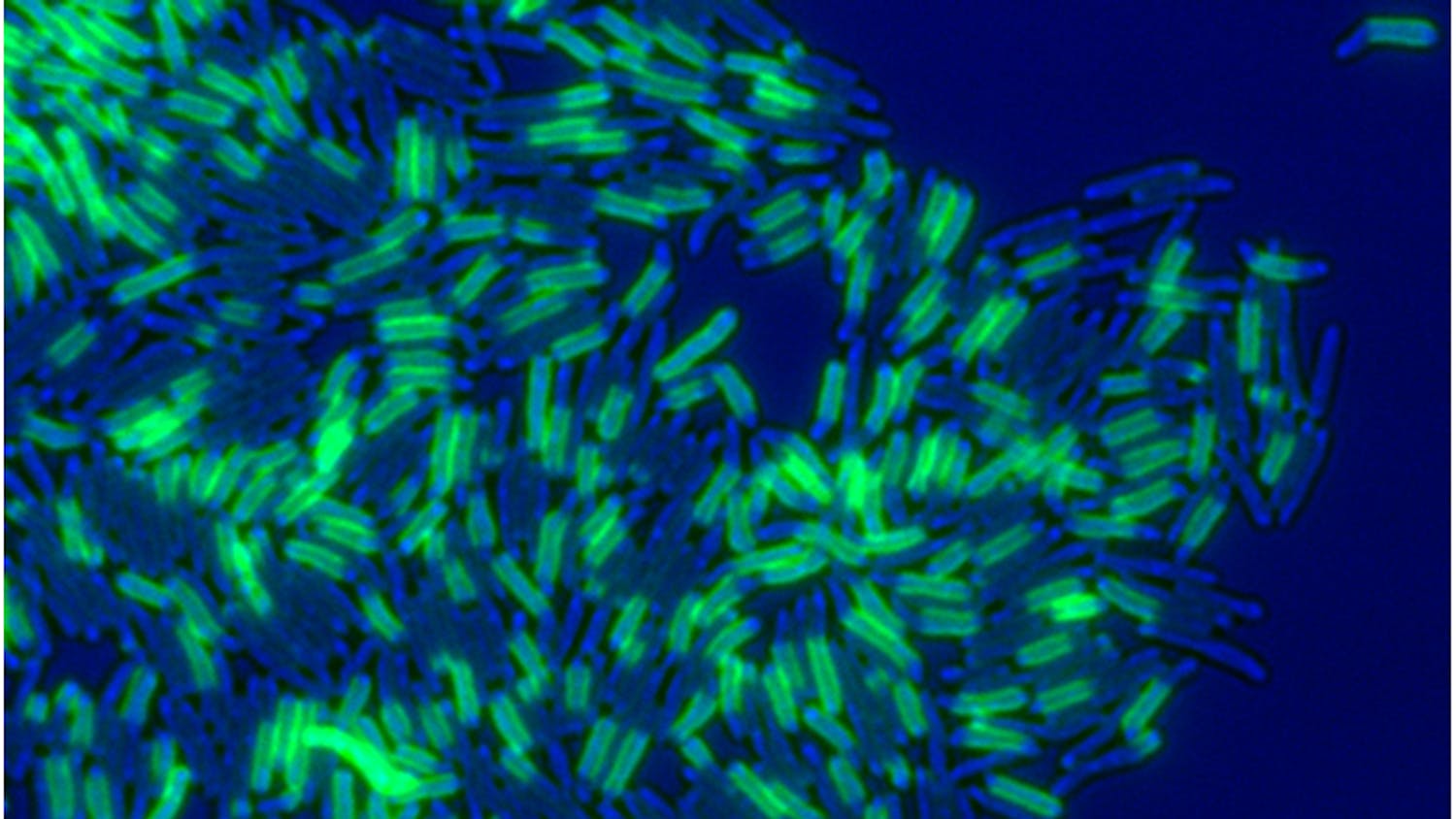It doesn’t take much digging nowadays to find a startling new headline — “Overlapping pandemics: Monkeypox intensifies as COVID-19 continues to thrive,” one might read. While such public health emergencies and other tense political debates occupy much of the news cycle, it also seems that there is increased reporting on extreme weather events. Puerto Rico’s entire power grid was wiped out by Hurricane Fiona last week after several years of infrastructure improvements that followed Hurricane Maria in 2016. Just yesterday, Hurricane Ian became one of the most powerful storms to strike the US as it neared the Category 5 threshold. And for weeks now, nearly a third of Pakistan’s population has been underwater due to extreme flooding that closed out the summer. Tufts students are inundated with very real and diverse stories of how the climate crisis affects the daily lives of global populations, but how can we consolidate solutions that target the various issues at hand?
The Biology of Water and Health, a Tufts course taught by Professor David Gute in the civil and environmental engineering department, takes an interdisciplinary approach at evaluating climate research in the search for solutions. He and co-teacher Professor Jeffrey Griffiths host guest lecturers who conduct climate-centered research in epidemiology, global health, veterinary medicine, anthropology and cultural acceptance of climate interventions. With this exposure, he hopes to train the next generation of engineers and public health leaders, who increasingly hope to incorporate sustainable practices into their careers.
Unfortunately, solutions for addressing climate change are difficult to implement, and this is largely where social scientists can help societies progress toward change. For example, despite an overwhelming record of scientific evidence demonstrating the threat of climate change on humans, many countries remain divided over the issue due to resistance efforts, which leads to inaction on the part of world leaders.
Ujjayant Chakravorty, a professor of economics, discussed how there is often a major disconnect between what scientists recommend and what can feasibly be done within many countries’ economic and social systems. He highlighted challenges he explores in his class on resource economics, such as how scarcity will inevitably lead to violent conflict in many societies.
“Clearly the social scientists and the physical scientists have to work together,” Chakravorty said. “We interact, [we] talk about these things and we appreciate each other's work. But I think definitely more needs to be done.”
He also highlighted the important work of the rapidly growing environmental studies department and several efforts through the Provost’s office to bring the broader Tufts community to solve energy, climate change and resource issues.
Shafiqul Islam, professor of civil and environmental engineering, specializes in water diplomacy at The Fletcher School. He spoke about an engineering diplomacy framework, which is an interdisciplinary method for designing andimplementing solutions in the places that need them most. Islam teaches two courses that aim toward developing engineering solutions that are appropriate for the communities they serve.
“I cannot implement a solution that is applicable, sustainable in Boston, and suddenly take it … to Bangladesh,” he said. “Sustainability — there is a very different definition ... People in Boston have to decide what sustainability means for them.”
No matter what you study, every academic field can come together to create and implement solutions for the climate crisis. Much is being done across the university to pave the way for these developments, in departments as diverse as anthropology, civil engineering and veterinary medicine. As recent events have shown, these collaborations are ever-important, as different parts of the world are faced with novel challenges on a daily basis.






